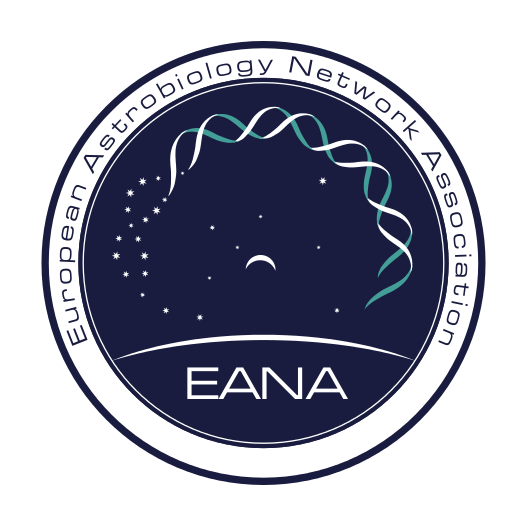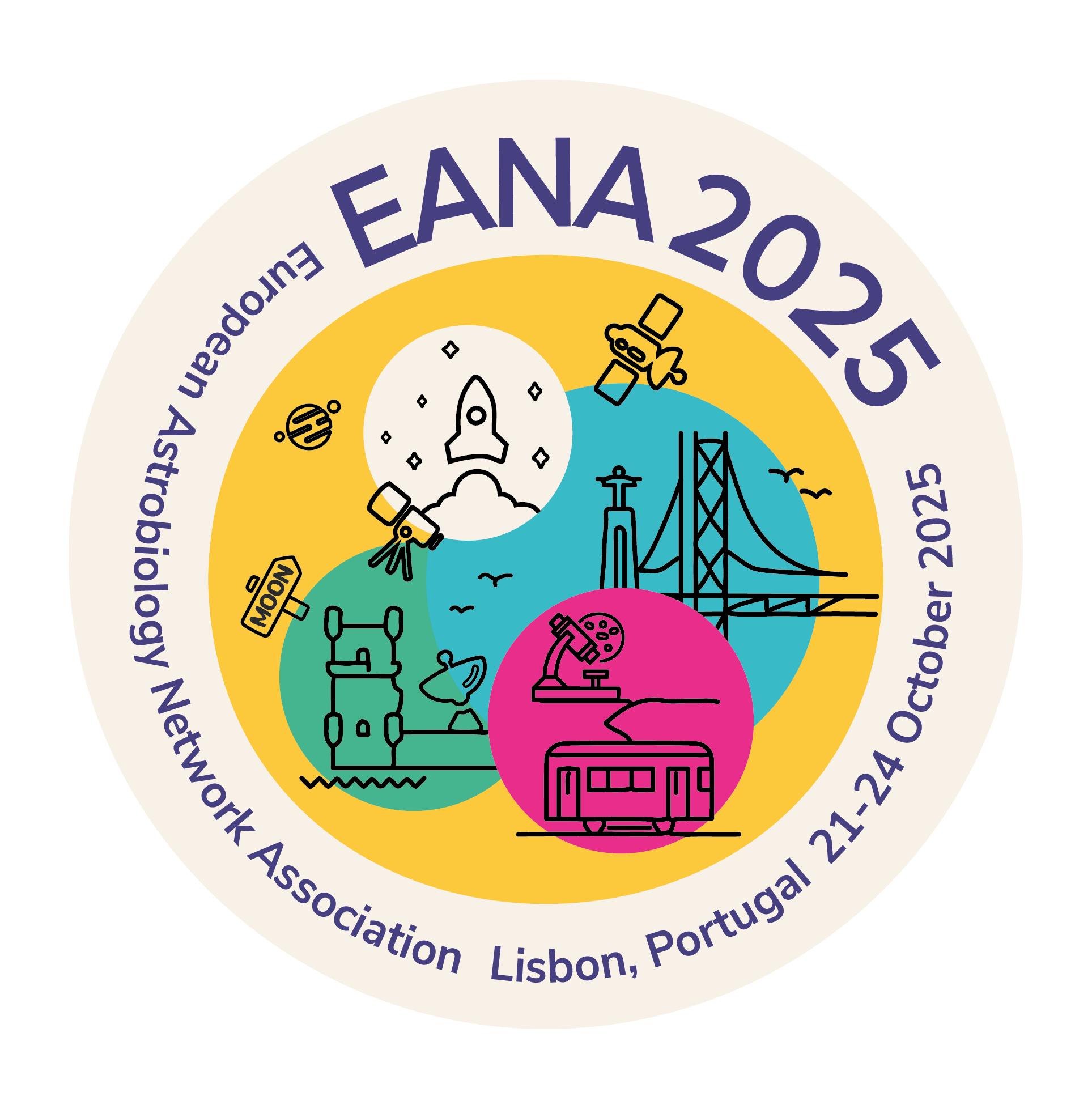 |
Abstract EANA2025-150 |

|
In Situ Microscopy for Astrobiology: Design and Deployment of AstroBioLab in Icy Analog Terrains
AstroBioLab is a semi-autonomous modular field laboratory which is being developed as part of the TRIPLE initiative led by the German Space Agency at DLR (German Aerospace Center) and is designed for remote exploration of subglacial environments. Cold and isolated ecosystems, such as those found beneath Antarctic ice, are considered as terrestrial analogs to subsurface oceans of Icy Moons in our solar system (Europa, Enceladus etc.).
A core component of AstroBioLab is a compact bright-field and fluorescence microscopy system, optimized for non-destructive detection of micromorphological biosignatures in low-biomass aquatic samples. Microscopy remains a valuable tool in astrobiology, enabling the direct visualization of biosignatures that complement chemical and molecular detection methods. The AstroBioLab microscopy approach avoids staining protocols, instead using refractive properties and autofluorescence of biological materials. Samples are processed through a sealed microfluidic 0.4 mm thick flow chamber that enables real-time imaging under fully autonomous operation. The current version of the bright-field microscope module is engineered with field deployment constraints in mind. It occupies a compact volume of 22 × 15 × 17 cm³ and consumes less than 15 W of power. Controlled by a Raspberry Pi 4 and illuminated by an efficient LED light source, the system provides 400× optical magnification input for an 8 MP Sony IMX219 sensor for automated image acquisition and transfer.
The microscopy module performance under real-world conditions will be tested and optimized during an upcoming campaign at Neumayer III Station in Antarctica, where it will analyze samples from subglacial lake environments. These tests should inform future refinements (e.g. phase contrast, dark-field imaging). Although AstroBioLab is currently a prototype, it serves as a testbed for the development of fully autonomous, miniaturized microscopy systems that could support future astrobiological missions. These include identifying morphological biosignatures in plume samples from Enceladus, functioning within subsurface ice melting probes or being a part of autonomous underwater vehicles operating beneath icy crusts. By integrating microscopy into a compact, multifunctional astrobiology payload, AstroBioLab advances the technological readiness of life-detection strategies that prioritize minimal sample handling, high biosignature confidence and adaptability to various mission scenarios.
